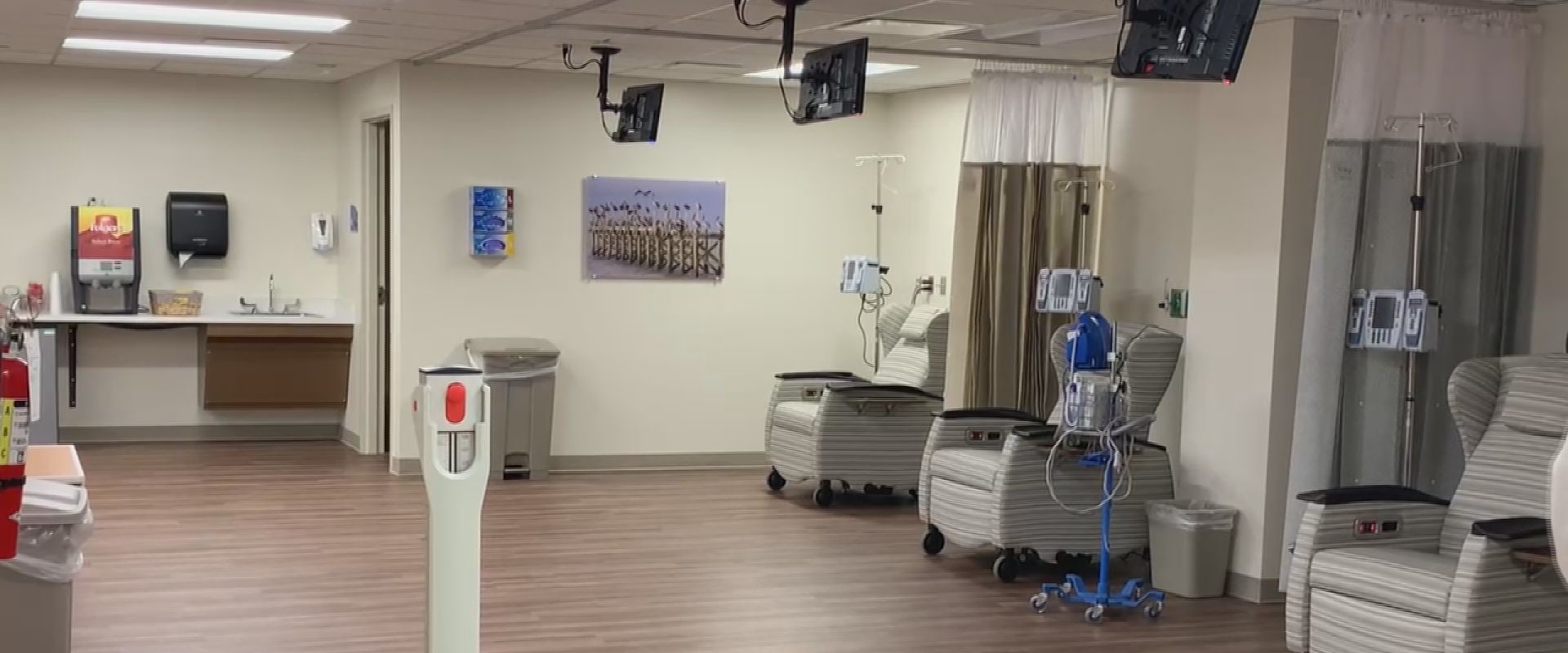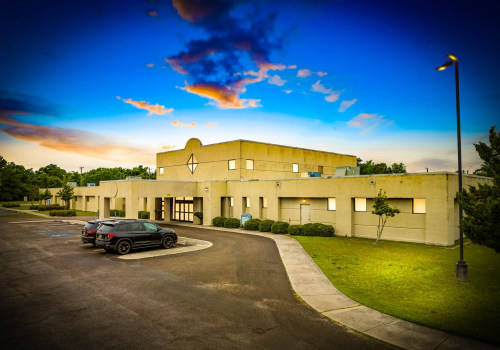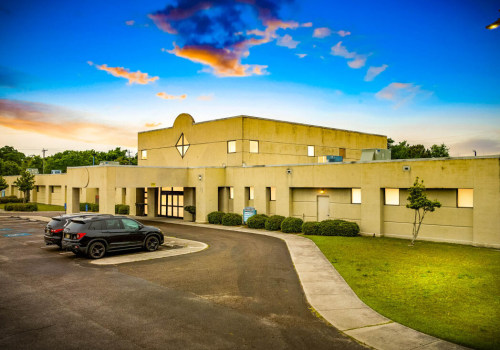As an expert in the healthcare industry, I have witnessed the challenges that hospitals in Gulfport, MS face when it comes to wait times. Patients often come to the emergency room seeking immediate care, only to be met with long wait times and overcrowded waiting rooms. This not only affects the patient's experience but also puts a strain on the hospital staff and resources.
The Reality of Wait Times
According to recent data, the average wait time at hospitals in Gulfport, MS is approximately 4 hours and 30 minutes. This is significantly higher than the national average of 2 hours and 15 minutes.This means that patients in Gulfport are waiting twice as long as patients in other parts of the country. One of the main reasons for this extended wait time is the high volume of patients. Gulfport is a popular tourist destination, and during peak seasons, the population can double. This influx of people puts a strain on the local healthcare system, resulting in longer wait times.
The Impact on Patients
Long wait times can have a significant impact on patients' health and well-being. When someone seeks medical attention, it is usually because they are experiencing pain or discomfort.Waiting for hours in a crowded waiting room can exacerbate their condition and cause unnecessary stress and anxiety. Moreover, patients who are waiting for extended periods may become frustrated and leave without receiving treatment. This not only affects their health but also puts them at risk for more serious complications down the line.
The Strain on Hospital Staff
Long wait times not only affect patients but also put a strain on hospital staff. Nurses and doctors are already overworked and understaffed, and having to deal with a high volume of patients can be overwhelming. This can lead to burnout and affect the quality of care they provide. Furthermore, longer wait times mean that patients are spending more time in the emergency room, which means less availability for new patients.This can result in patients being turned away or redirected to other hospitals, causing further strain on the healthcare system.
Efforts to Reduce Wait Times
Hospitals in Gulfport, MS are aware of the issue and are taking steps to reduce wait times. One of the main initiatives is to increase staffing during peak seasons. This means hiring more nurses and doctors to handle the influx of patients. Another solution is to improve communication between hospital staff and patients. By keeping patients informed about their wait time and providing updates, it can help alleviate frustration and anxiety. Some hospitals have also implemented a triage system, where patients are assessed upon arrival, and those with more severe conditions are seen first.This helps prioritize patients based on their medical needs and reduces wait times for those who require immediate care.
The Importance of Preparedness
While hospitals in Gulfport, MS are taking steps to reduce wait times, it is also essential for individuals to be prepared when seeking medical attention. This includes knowing when to go to the emergency room versus a primary care physician or urgent care center. It is also crucial for individuals to have a plan in place for emergencies. This can include having a list of nearby hospitals and their wait times, as well as knowing which hospitals are in-network with their insurance provider.In Conclusion
The average wait time at hospitals in Gulfport, MS is significantly higher than the national average. This is due to a high volume of patients and the strain it puts on hospital staff and resources.While efforts are being made to reduce wait times, it is also essential for individuals to be prepared and informed when seeking medical attention.




